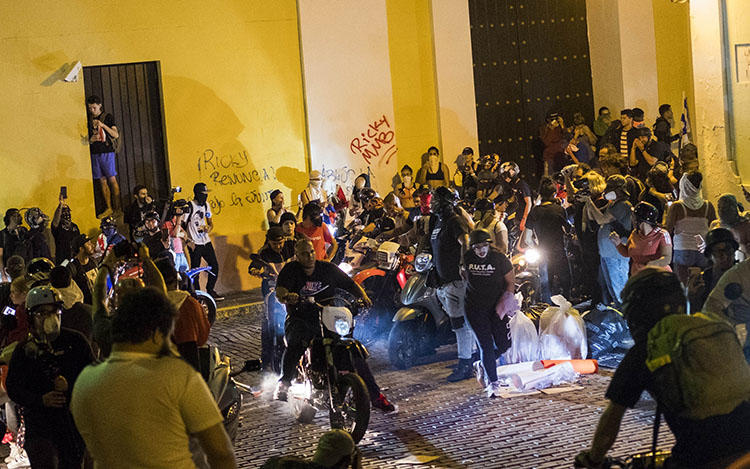Avi Asher-Schapiro/CPJ North America Research Associate
Avi Asher-Schapiro is CPJ's Global Tech Senior Correspondent. He is a former staffer at VICE News, International Business Times, and Tribune Media, and an independent investigative reporter who has published in outlets including The Atlantic, The Intercept, and The New York Times.
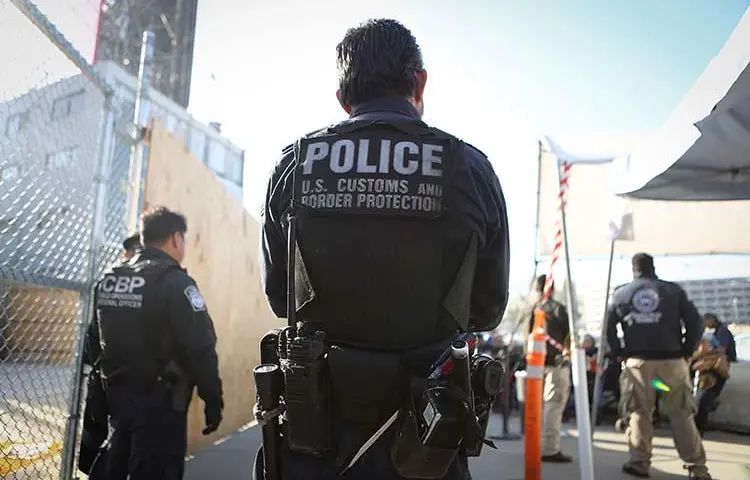
Q&A: Isma’il Kushkush and Sophia Cope on U.S. court ruling against warrantless border search
Journalists crossing U.S. borders face a particular set of challenges, as CPJ has reported extensively. The U.S. government claims sweeping authority to interrogate travelers and search electronic devices without a warrant under what is known as the “border search exception.” CPJ has called this a chilling prospect for reporters in transit—especially those working with confidential…
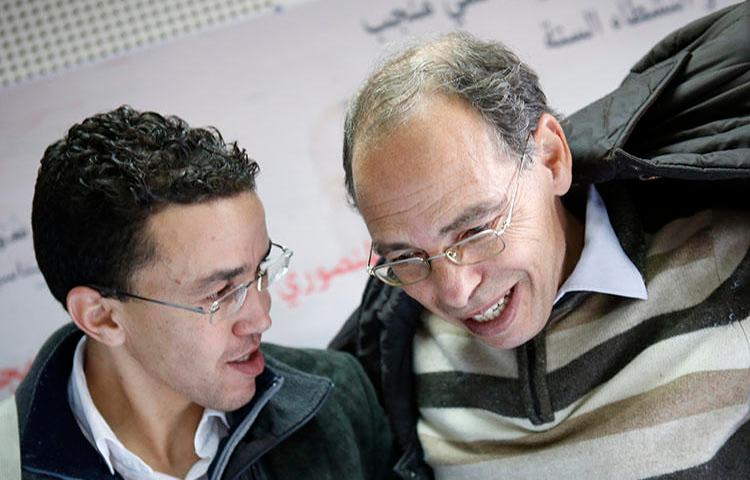
Q&A: Moroccan press freedom advocate and NSO Group spyware target Maati Monjib
Pegasus, the cellphone spyware tool sold by the Israeli firm NSO Group, is one of the most powerful surveillance systems governments can buy, experts say. Researchers who study it have detected “45 countries where Pegasus operators may be conducting surveillance operations,” and detailed its capabilities: whoever tricks the target into clicking on a link that…
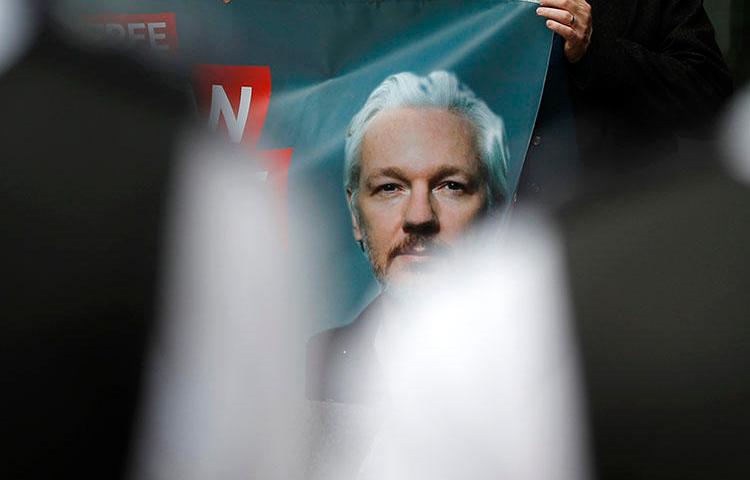
Tech journalists troubled by Assange computer intrusion charge
The Trump administration’s decision to charge Julian Assange with 17 counts of violating the Espionage Act has generated significant controversy. One legal expert described it as “crossing a “constitutional Rubicon.” CPJ warned that the indictment could be the opening salvo in a broader attack on First Amendment journalistic protections. The 18th charge against Assange–of violating…
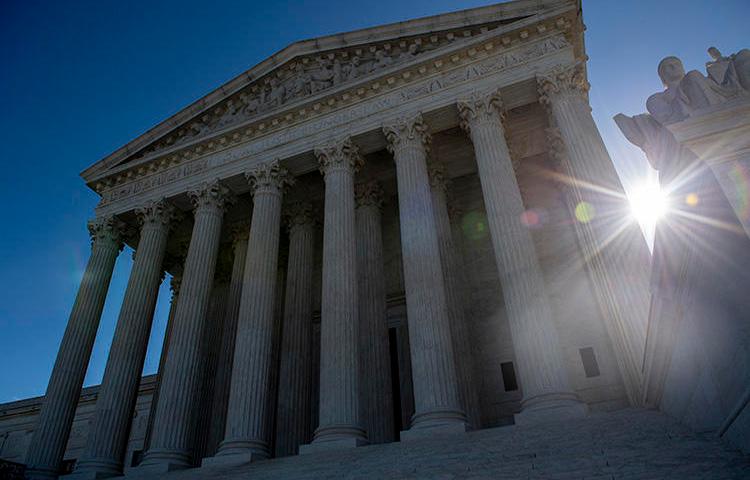
Supreme Court could limit FOIA, curtail investigative reporting
It’s been over eight years since Jonathan Ellis, an investigative reporter at the Argus Leader, filed what he thought was a routine Freedom of Information Act request. He wanted five years of reimbursement data from the Agriculture Department (USDA) Supplemental Nutrition Assistance Program (SNAP)–a program that helps people with low incomes buy food from grocery…
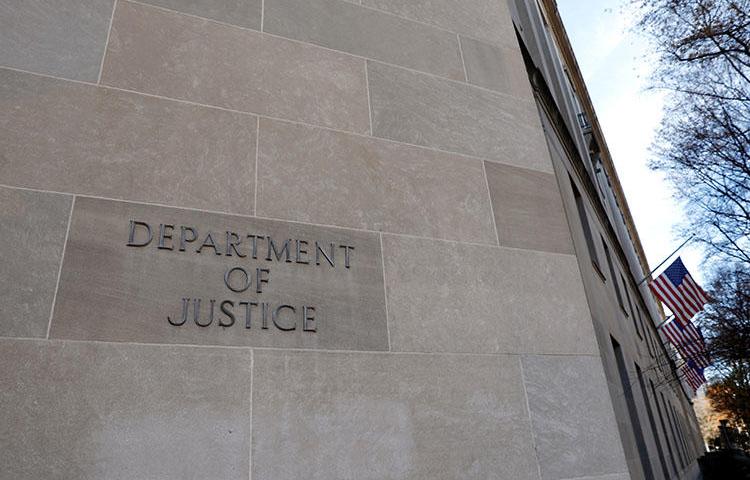
Leak prosecutions under Trump chill national security beat
When President Donald Trump’s nominee for attorney general, William Barr, was asked at his confirmation hearing in January whether he would ever consider jailing a journalist, Barr paused for about eight seconds, then said he could “conceive of a situation” where a journalist is jailed as a “last resort.” Such equivocation was troubling to press…

How the Saudis may have spied on Jamal Khashoggi
Omar Abdulaziz, a 27-year-old Saudi Arabian dissident, can still remember the time Jamal Khashoggi, the storied Saudi journalist, unfollowed him on Twitter. It was in 2015, and Khashoggi had been tapped to head a new TV network called Al-Arab, a partnership between a member of the royal family and Bloomberg. Abdulaziz started haranguing Khashoggi online,…
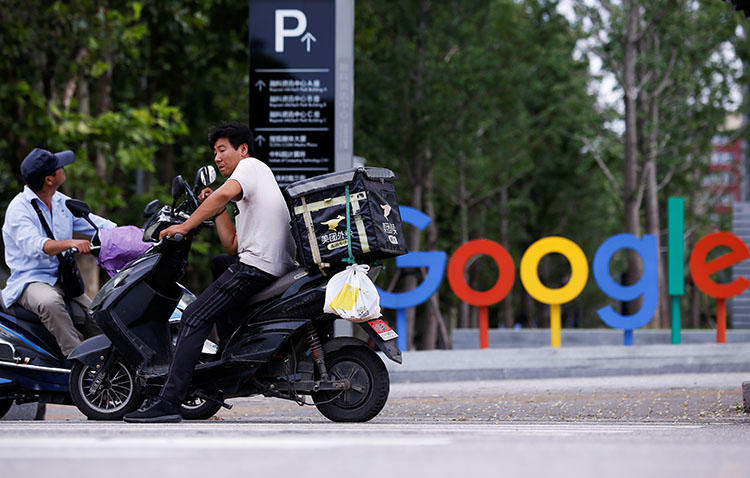
Google complicity in Chinese censorship could endanger press freedom elsewhere
In 2010, after four years of offering Chinese users a heavily censored version of its search engine, Google decided it would no longer block search results at the request of the Chinese state. “Our objection is to those forces of totalitarianism,” Sergey Brin, Google’s co-founder, told The New York Times at the time, adding that…
